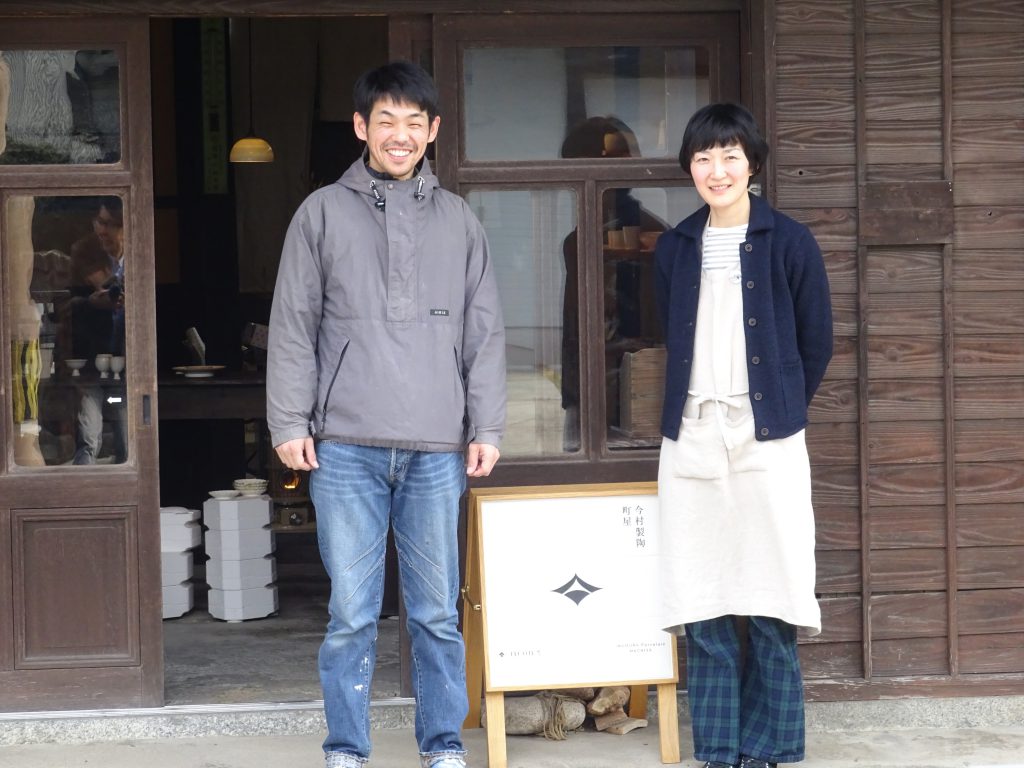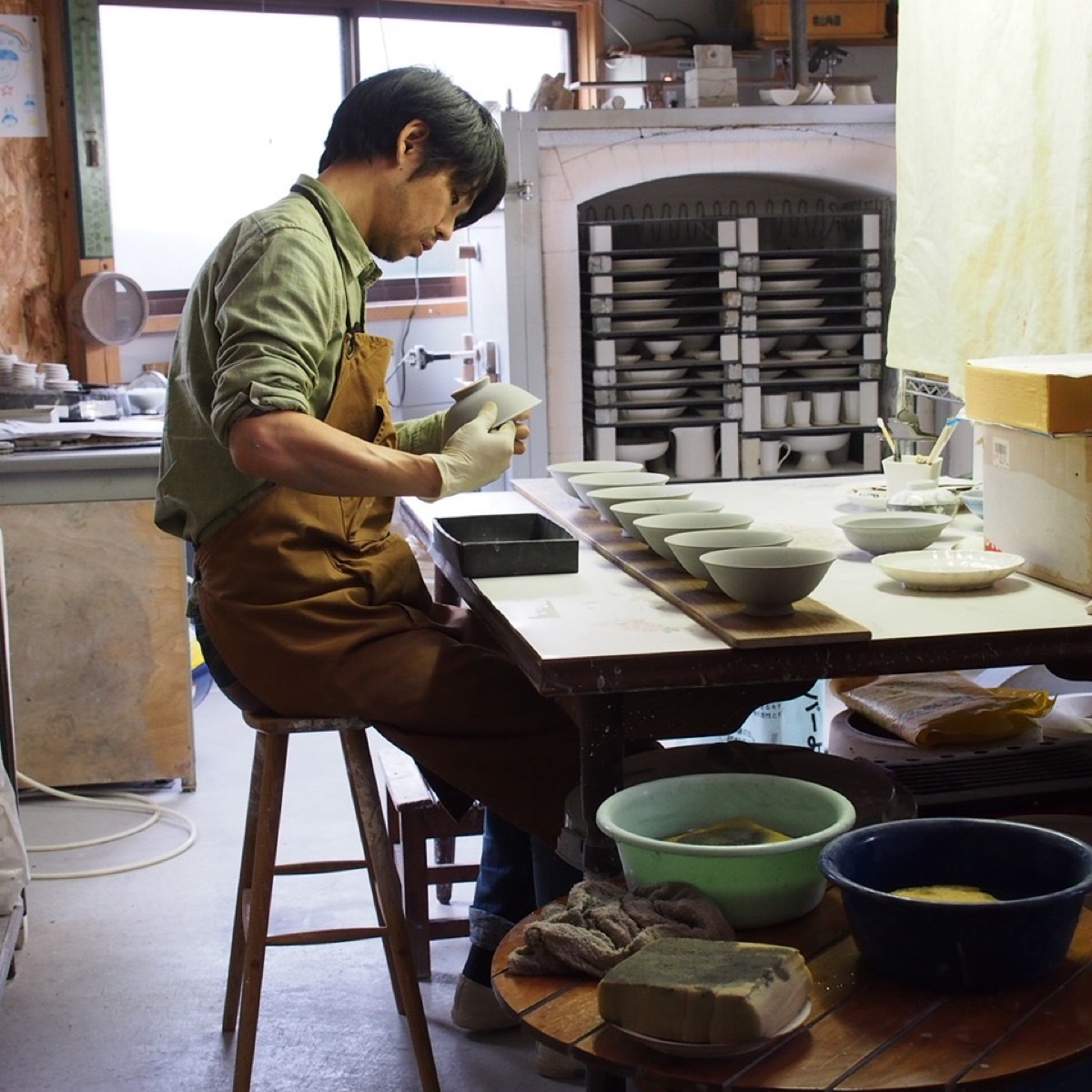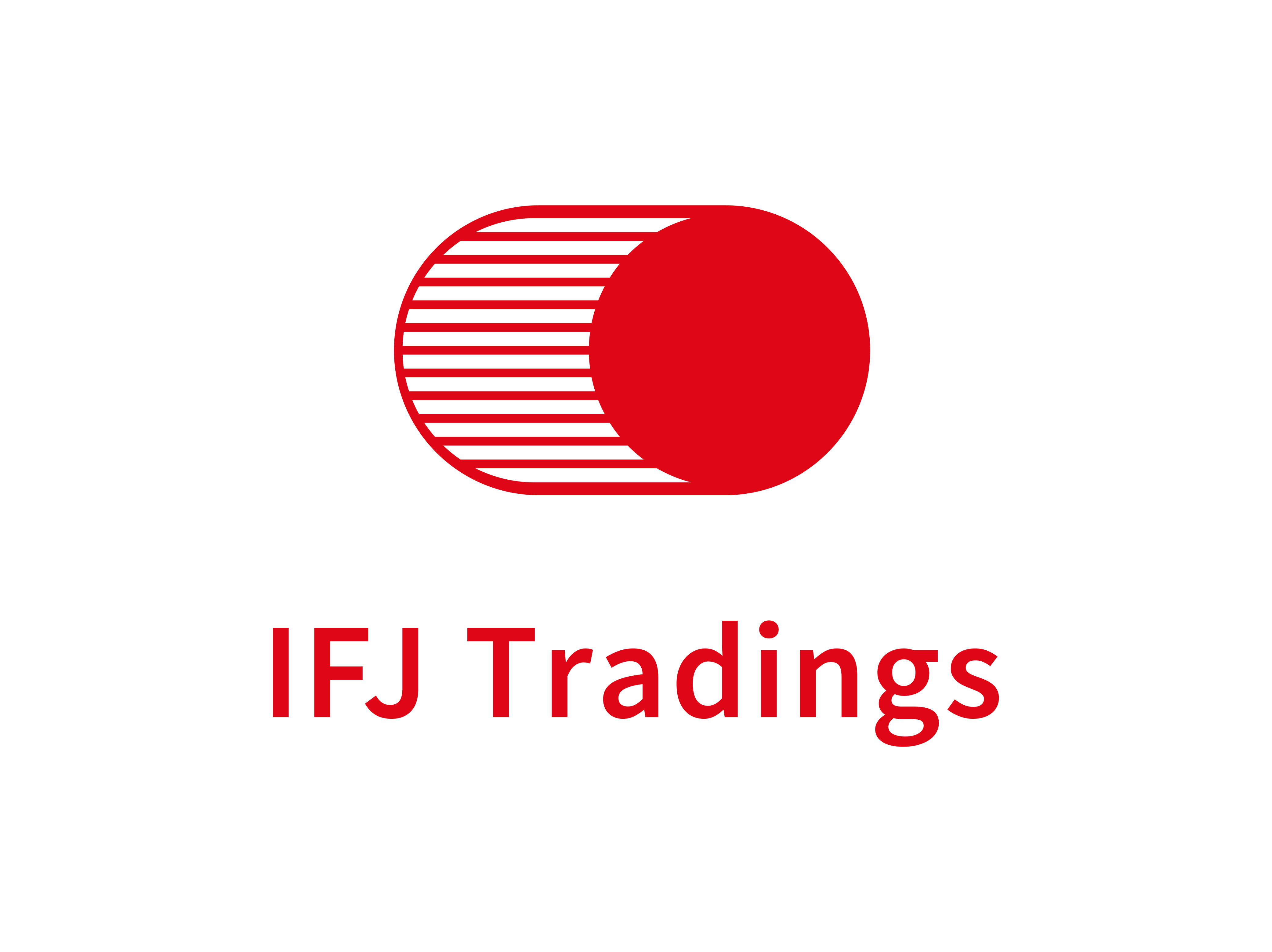JICON is a porcelain brand originally launched by Touetsugama Kiln in collaboration with Japanese designer OJI Masanori. IMAMURA Hajime, the thirteenth generation of the kiln family, became independent from the kiln and established IMAMURA Porcelain along with the JICON brand in 2014. IMAMURA specializes in crafting elegant daily-use ceramics using traditional techniques and Amakusa Touseki porcelain stones.

The brand name "JICON" derives from the combination of "JI," meaning "porcelain" in Japanese, and "CON," denoting "modern times." In the context of Buddhism, "JICON" carries the meaning of "seize the day." Additionally, it symbolizes the porcelain produced by the renowned Touetsugama Kiln, which has a history spanning 350 years and is associated with the house of IMAMURA. The term "IMA," a component of IMAMURA, represents "modern times" in Japanese and can be represented by the same character in Kanji script as "CON."
Touetsugama Kiln originated in Mikawachi of Sasebo City in Nagasaki prefecture as a house kiln under the patronage of the Hirado clan. The kiln was redeployed to Arita in Saga prefecture by IMAMURA Shikao XII for its expansion and is currently succeeded by IMAMURA Kenichi XIV.
 Distinctiveness of JICON's Porcelain Wares
Distinctiveness of JICON's Porcelain Wares
JICON uses its unique blends of porcelain stones and glazes. Traditionally in Arita, only pure white porcelain stones have been treasured as materials as they produce porcelain wares without any traces of pigments on the surface. These materials actually provide good workability for craftsmen. However, the local resources have been almost depleted due to the discarding of porcelain stones with pigments or colored tones. In Arita, you can witness mining hills where abandoned porcelain stones with brownish contents are exposed to the air, as pure white ones are no longer available.
From an ecological and sustainable point of view, these "lesser" materials should not be wasted but should be given a new life, thought Mr. IMAMURA of JICON, together with the designer, OJI Masanori. JICON sourced materials from multiple locations and tried to come up with the best blend to match their ideals. This was a time-consuming, tough project as such materials are often less workable. In order to overcome the difficulty, they also needed to formulate the best conditions to kiln their works with unusual blends of porcelain stones. In the end, they found that their works should be kilned at a much higher temperature than in the conventional method. And, it also required a special blend of glazes which makes it possible to attain the ideal look and texture they envisioned.
The results are JICON's unique, off-white porcelain wares with matte texture. The products are tougher, heavier, and harder. Although they sometimes indicate the traces of pigments on the surface, which actually are oxidized iron particles in the porcelain stones. JICON thinks the traces of pigments or colored tones are not something to be avoided but rather cherished. They have unlocked the potential of porcelain stones and glazes, creating a collection like no other.
[ Important Remarks ]
1) JICON has a matte finish which is characteristic of milky white porcelain.
2) Due to the matte finish, its surface is rough and not smooth.
3) JICON is much harder than conventional porcelain wares because it is kilned at a higher temperature than the conventional methods in the industry.
4) Because it is harder with the rougher surface, it kind of works as a file against metals (cutleries) and may result in streak markings.
5) Its milky white porcelain finish (HAKU-JI in Japanese) makes the markings stand out rather clearly.
6) However, such markings are traditionally understood as scenery to the HAKU-JI pieces in Japan, which is how they have been enjoyed for many years.
7) We would like you to understand that such markings to the JICON pieces should be enjoyed but not seen as defects or something that should be removed.
8) Japanese culture embraces the concept of "transience" and "beautiful imperfection" through an aesthetic sensibility known as Wabi-Sabi, which is evident in various forms of Japanese art.
If you do not appreciate these, it may be better to choose conventional plates with a smooth and shiny finish that are not marked easily with metal cutleries. 
